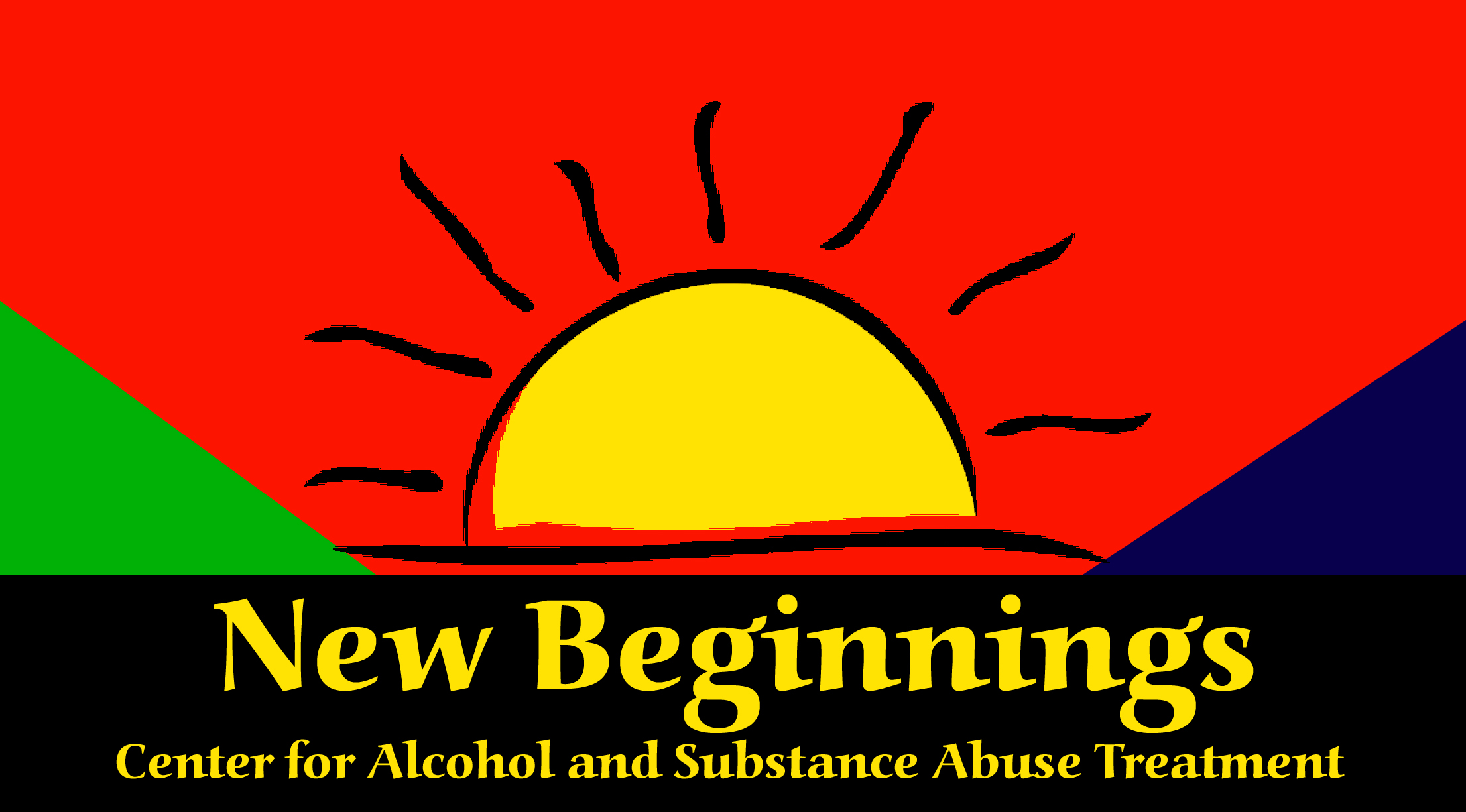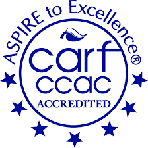RESIDENTIAL ENVIRONMENT
Residential alcohol and drug treatment addresses Core Clinical Issues, in a safe, structured, and non-threatening living environment.
At the New Beginnings, C.A.S.A residential program we provide multiple levels of care, all structured differently yet interrelated to create not only an enhanced therapeutic milieu, but establish a continuum of care based on an “ Holistic” approach.
Each level of care has established goals that allow clinicians to not only monitor daily progress, but also make necessary referrals.
Level 1: This level of care provides the client with orientation into Our Residential Program and the Development of a client Centered Comprehensive Treatment Plan, Aftercare Plan, Individual Counseling, and Twenty-Eight (28) hours of Group Didactics. Length of time *six (6) days.
Level 2: This level of care provides the client with a Comprehensive Treatment Plan Review, Individual Counseling and Twenty-Eight (28) hours of Group Didactics. Length of time *six (6) days.
Level 3: This level of care provides the client with a Comprehensive Treatment Plan Review, Individual Counseling and Twenty-Eight (28) hours of Group Didactics. Length of time * six (6) days.
Level 4: This level of care provides the client with a Comprehensive Treatment Plan Review, Finalizing their Aftercare Plan and Referrals, Care Coordination, Individual Counseling and Twenty-Eight (28) hours of Group Didactics. Length of time * six (6) days.
Level 5: This level of care provides the client with a Comprehensive Treatment Plan Review, Transitional Living, Job Transportation, etc.
Any level of care may vary based on client’s progress and participation.
OUTPATIENT TREATMENT
New Beginnings, C.A.S.A. Outpatient Alcohol and Drug Treatment addresses core clinical areas within several groups: Individual/Conjoint session, Early Recovery Skills group, Relapse Prevention group, and Family Education and Social Support group. Urine analysis is also a critical clinical tool used is our programming. These six components of care are outlined below.
INDIVIDUAL & CONJOINT SESSION
These sessions are scheduled weekly and consist of eight one-hour meetings for the first two months followed by one each month for the next two months.
Additional sessions may be necessary for some clients. Conjoint sessions will be arranged as early in treatment as possible and will continue regularly throughout the treatment episode. Individual/Conjoint sessions are designed to orient the client and, whenever possible, family members, to the expectations of the OP program and complete the necessary administrative documentation.
EARLY RECOVER SKILL GROUP
This group meets once weekly and consists of four one-hour group sessions during the first month of treatment.
In this group, clients learn many of the basic skills they need to achieve recovery. The Early Recovery skills group introduces basic cognitive behavioral interventions designed to achieve abstinence and reinforces the value of Twelve Step participation. These early recovery skills are separate and distinct from relapse prevention exercises, which are intended to maintain recovery. Should a client become unstable during treatment, the exercises in this section will be reviewed. Clinicians may choose to place people back in this basic skills group to provide more structure and to experience a refresher course.
RELAPSE PREVENTION GROUP
This group meets once weekly and consists of sixty-minute group sessions for sixteen weeks.
These Relapse Prevention groups are designed to assist clients in maintaining abstinence by delivering information, support, and guidance as they proceed through recovery. We believe it is critical that the groups be scheduled at the end of the week with the family education group. This provides an intensive treatment experience with the client contacts spread evenly throughout the week.
FAMILY EDUCATION GROUP
This group meets once weekly and consists of up to twelve sixty-minute group sessions.
All clients and family members attend the family education group for up to twelve weeks. Because this is the one element of the program that regularly involves family members, the sessions are designed to be interactive, allowing presentation of the most pressuring issues for both clients and family members.
SOCIAL SUPPORT GROUP
This group meets weekly and consists of sixty-minute group sessions.
All clients and former clients are eligible for this group. This group is designed help clients learn re-socialization skills in a familiar, safe environment. This group includes a co-leader
URINE TESTING
All OP clients are asked to provide a urine specimen, randomly selected.
Random urine testing is part of the structure that helps to control drug use. Urine testing is a valuable tool that is presented to the client as something that can assist in recovery. It is not presented or employed primarily as a monitoring measure or as a statement of mistrust regarding a person’s honesty. Urine testing helps the clinician and client keep the client’s behavior in line with the recovery process.



